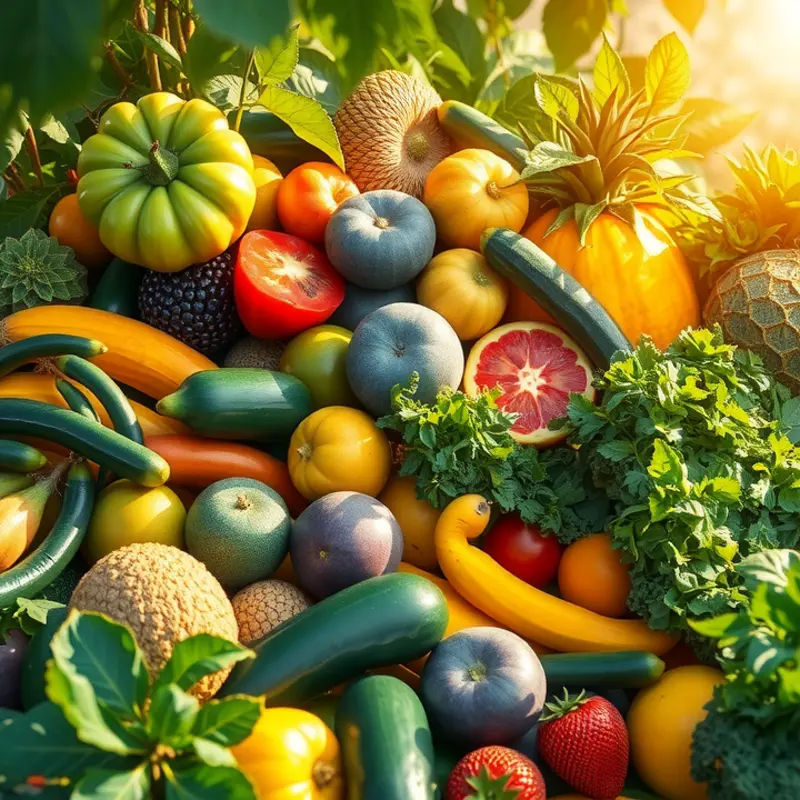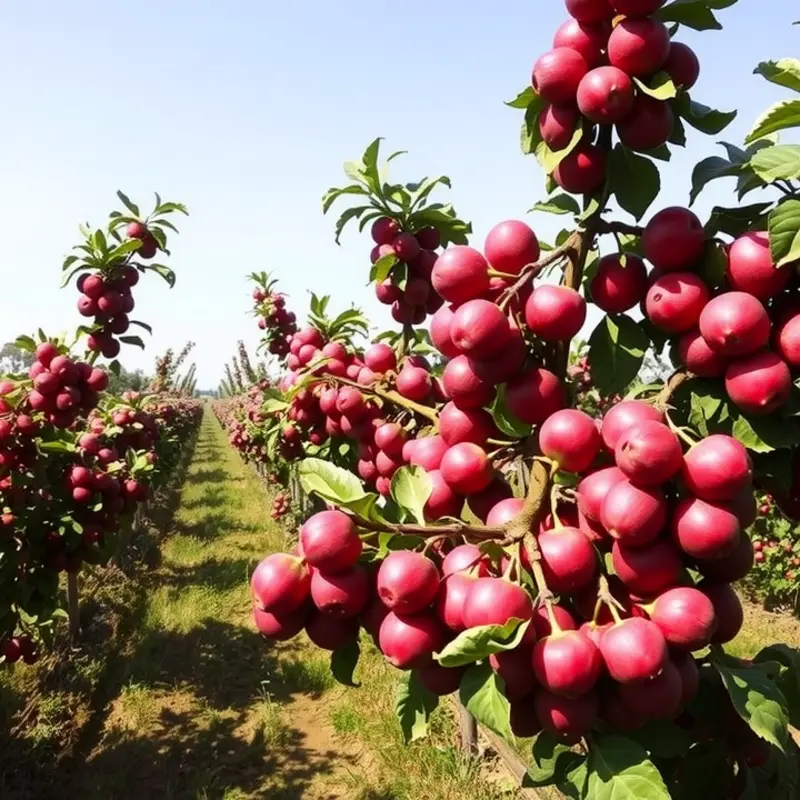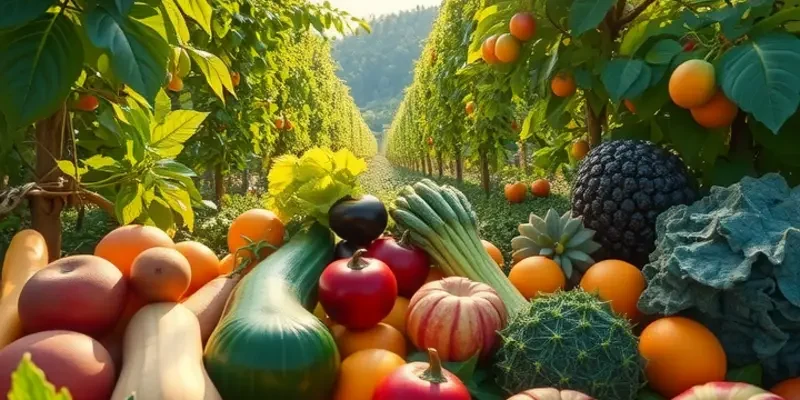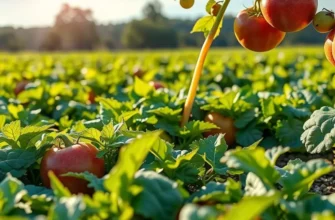Households around the world struggle with food waste, particularly from packaged goods. By implementing practical strategies, not only can you minimize waste, but you can ensure your food stays fresh longer. Let’s explore effective storage techniques, mindful purchasing habits, and smart meal planning that reduces the amount of food that ends up in the trash, all while making your kitchen more efficient.
Effective Food Storage Techniques

Preserving the freshness of food begins with proper storage techniques. Ensuring that the food we consume maintains its quality requires attention to detail and understanding how storage conditions affect different products.
To maximize the lifespan of packaged foods, it’s essential to understand expiration labels. Differentiating between ‘Best Before’ and ‘Use By’ dates can prevent unnecessary waste. ‘Best Before’ generally speaks to quality, not safety. Many foods are still good to consume after this date; using them responsibly reduces waste. ‘Use By’ dates, however, indicate safety and should be adhered to more strictly.
Temperature control is another crucial aspect of food storage. Cold items, including dairy and meats, should be stored at 40°F (4°C) or below to slow bacterial growth. To minimize cross-contamination, place raw meats on the lowest shelf in the fridge. This prevents juices from potentially dripping onto other items.
Once you’ve opened a packaged item, storing it in airtight containers is a smart move. This simple switch can significantly extend shelf life by protecting the food from moisture, odors, and other contaminants. Choosing appropriate containers also helps in preserving nutrients and flavors.
The freezer is a powerful tool for food preservation. Utilizing your freezer’s potential can drastically reduce food waste. Most leftovers and fresh foods can be frozen, maintaining quality and safety. Always remember to label frozen items with dates and contents. This practice aids in tracking when items should be used by, avoiding the dreaded freezer burn scenarios.
Organizing your pantry can also have a significant impact on reducing waste. Position items based on their use—older in front, newer in back. A simple yet effective system like this encourages you to consume food before it expires. Regularly review pantry contents to adjust meals based on what needs using.
Storing food properly is not just about maintaining freshness; it’s also about being eco-conscious. For more tips on eco-friendly kitchen practices, you might find this guide helpful.
By applying these food storage techniques, you not only reduce waste but also ensure that the food you consume is safe and high in quality. Being intentional with how we store our food is a sustainable practice that benefits both our households and the environment.
Mindful Meal Planning and Smart Purchases

Effectively managing food begins with thoughtful meal planning and strategic purchasing decisions. Becoming intentional in these areas can significantly cut down on waste. Here’s how to achieve that:
Plan Your Meals Ahead: Start with a weekly meal plan. Take a quick inventory of your pantry and refrigerator to check what is already there. Focus your shopping list on meals that will use perishable items first. Refer to recipes that can leverage these perishables, ensuring that nothing goes to waste. For more ideas on minimal prep meals that make use of existing ingredients, you can explore practical ingredient batching.
Buy in Bulk Wisely: Bulk purchases can save money and reduce packaging waste. However, it’s essential only to buy what you can consume before it spoils. Perishable items like fruits and vegetables should be bought in quantities sufficient for a week, while non-perishables can be bought in larger quantities but with caution. This strategy aids in maintaining a balance between cost-effectiveness and sustainability.
Use a FIFO (First In First Out) System: To keep track of what needs to be consumed first, adopt the FIFO approach. When adding new groceries to your pantry or fridge, place the newer items at the back. This ensures older items remain at the front, making it easier to grab them first. FIFO helps in reducing waste by preventing food from being forgotten or expiring unnoticed.
Portion Control: Preparing the right portion sizes is crucial in preventing waste. Aim to cook meals tailored to the number of people eating. This not only reduces leftovers but also supports better eating habits by ensuring balanced portion sizes. Smaller, sensible portions also encourage mindful eating, a habit worth developing.
Get Creative with Leftovers: Leftovers aren’t just a mirror of yesterday’s meal; they are an opportunity to innovate. Transform the remnants of last night into an entirely new dish. Whether it’s turning roasted vegetables into a hearty soup or integrating the previous night’s pasta into a fresh dish, creativity in the kitchen means less waste. It’s also a wonderful way to save money while enjoying varied meals throughout the week.
By adopting these smart strategies for meal planning and grocery shopping, you can make meaningful changes that benefit both your household and the environment. A thoughtful approach to purchasing and preparing food transforms how we interact with our nourishment and deeply influences our sustainability impact.
Final words
Taking steps to reduce waste from packaged foods is not only beneficial for the environment but also for your wallet. By understanding proper food storage methods and planning your meals mindfully, you can significantly minimize food waste in your household. Implementing these simple yet effective techniques will enhance your food management skills, leading to fresher meals and a more sustainable lifestyle. Every small change counts, and by making these adjustments, you contribute to a larger solution in reducing global food waste. Embrace efficient storage, intentional shopping, and smart meal planning to create a waste-less kitchen.







